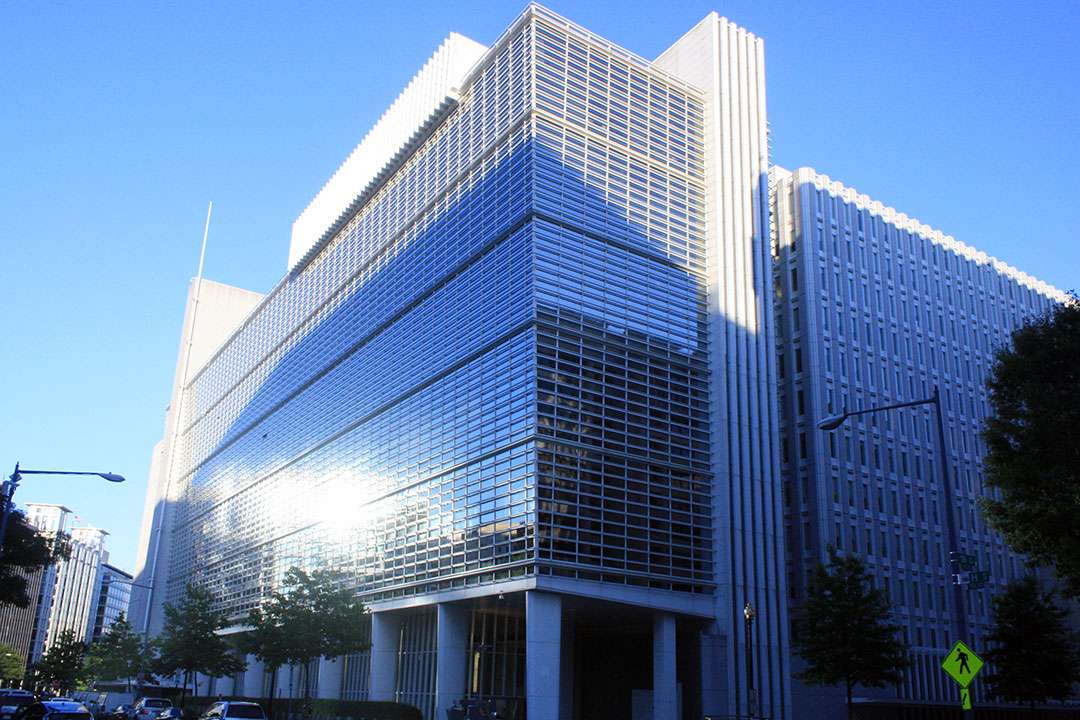27 June 2019: A report launched by the World Bank Group ahead of the G20 Summit finds that people in developing countries spend half a trillion dollars annually (over USD 80 per person) out of their own pockets to access health services, with these expenses most affecting the poor, and proposes solutions. The publication informed a first-ever G20 Finance and Health Ministers joint session hosted by Japan as G20 President, on 28 June 2019 in Osaka.
Financing universal health coverage (UHC) in developing countries has been underscored as a priority for Japan’s G20 Presidency, and was discussed also by the G20 Finance Ministers during their meeting in Fukuoka, Japan, from 8-9 June 2019. In their communique, the finance ministers highlighted that moving towards UHC contributes to human capital development, sustainable and inclusive growth and development, and prevention, detection and response to health emergencies such as pandemics and anti-microbial resistance. They recognized that a multi-sectoral approach, in particular the collaboration between finance and health authorities, with the “appropriate” contribution of the private sector and NGOs, is “crucial” for strengthening health financing, building on work by international organizations.
By 2030 the 54 poorest countries will have a USD 176 billion gap for financing quality, affordable health services for their populations.
The World Bank publication titled, ‘High-Performance Health Financing for UHC,’ finds that the majority of developing countries will fail to achieve their targets for UHC and the health- and poverty-related SDGs unless they take urgent steps to strengthen their health financing. It estimates that by 2030, the SDGs’ deadline, there will be a USD 176 billion gap in the 54 poorest countries between the financing needed to provide their populations with quality, affordable health services and funding that is actually available.
To address that, the authors call for: increased national investments in health, and making investment in health a whole-of-government priority; improving financial sustainability by scaling proven investments like primary health services that reach the poorest; and taxing tobacco, alcohol and sugary drinks to raise revenue and improve health. It also underlines the need for new avenues for international collaboration to support country UHC financing efforts in two main areas: health-financing research and development; and a “sizeable” increase paired with a strategic shift in development assistance for health toward strengthening health-financing leadership, governance and organizational capacity, improved domestic resource use and mobilization, and increased global health security.
The report further finds that, even in the best-case scenario with greater, more efficient and more equitable country and international investments, the 2030 UHC financing gap will not be closed, and it urges that health financing be a priority for innovation over the next decade to help bridge the gap.
Speaking on the report launch, Mohamed Maait, Minister of Finance of Egypt and African Union (AU) Chair, said that in February 2019 the AU committed to increase national investments in health in the region, and to institutionalize collaboration between Ministers of Finance and Health in Africa. [World Bank Press Release] [Publication: ‘High-Performance Health Financing for UHC’] [Executive Summary]

